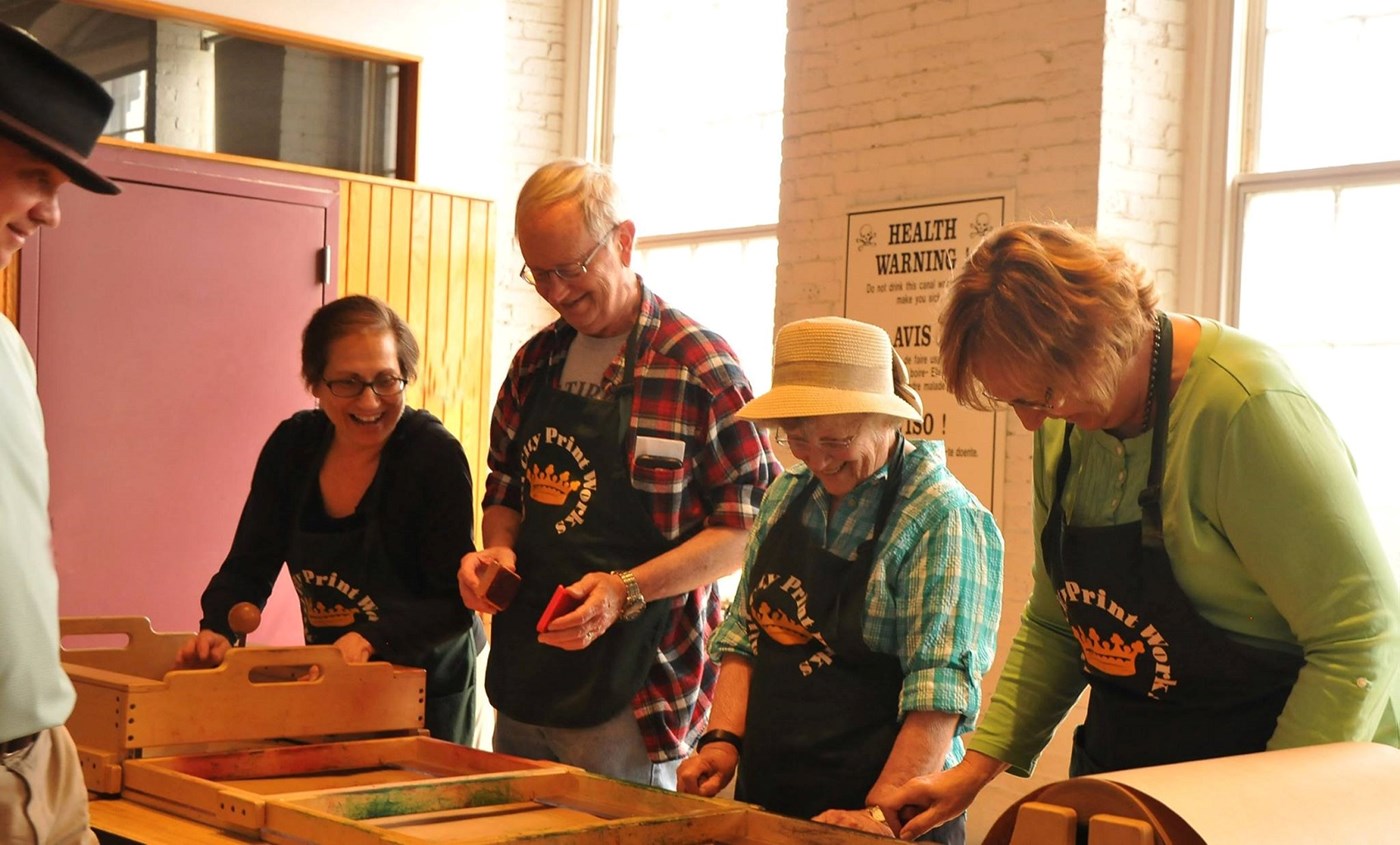LIRA Learning
Learning as a Later Life Passion
Mark D. Levine, Ph.D.
For many of us, the automatic nirvana of retirement is illusory. A short time passes and the anticipated delights - sleeping late, traveling, romping with grandchildren - often prove insufficient. Those retirees who have been single, or have become divorced or widowed, soon feel quite isolated. The worker misses colleagues and mental activity, sometimes without identifying these yearnings consciously.
In part to fill this void, an academic enterprise for seniors has burgeoned over recent years, offering opportunities for educational commitment and connection, for collectively and supportively unearthing within the participants old, and finding new, learning challenges. Such programs or associations located in the hundreds bi-coastally as well as in the national heartland, typically feature the peer-learning and peer-managing of an educational program. They are often based at or near a university or college and are characteristically available at low or moderate cost (although there are a few ivyish exceptions). In institutes (as they are sometimes known generically), retirees select, deliver and administer their own college-level learning, accompanied by glowing reports. Literally, life has been enriched, if not extended, in the process.
Members I interviewed at one institute waxed eloquently about the benefits: “I found a passion, the joy of learning;” “a community of help;” “keeps me in the mainstream;” “it helps me be not just protoplasm, but provides me an opportunity to make choices;” “stimulating; I meet people of like interests;” “keeps me involved in learning new things;” “provides an occasion to get dressed up in the morning;” “fills up my time, my mind is always working on ideas from the program;” “keeps me alive!”
I heard paradox as well as exuberance. A retired manager from the business sector spoke bluntly: “later life learning can open up people’s eyes to things they’ve put down for years; for me, the subjects were classical music and Shakespeare.” The institute member (a retired teacher of Latin) who coordinated the Shakespeare study group commented: “how wonderful to find people who are interested in Shakespeare.” There was the paradox and the exuberance: stumbling into delight, and finding a community of the delighted, something for everyone.
At the lunch table at the institute, a retired elementary school teacher quite calmly attributes “keeps me alive” to her peer-learning activity. She notes the growing monotony of her and her husband’s lives (he was the high school Latin teacher) just after retirement: “We had two cups of coffee, read the whole paper, then what?”
Excitement is now in her voice. “The program gives you a reason to get up in the morning. You meet new people, you have new learning - so much more fun, so many new ways of looking at things, a chance to try something never before attempted, a reawakening of things from your past.” She and fellow members who enjoy watching over their learning regularly sit on one of the program’s various committees, spend hours designing the curriculum of an art and music study group. Making lifelong learning happen seems as critical for her as the actual education.
Here, one finds colleagues, fellow workers, people with whom to regularly share life’s joys and challenges, to work collectively on presentations. To counter the sameness of one’s retirement life horizon, the learning environment provides novelty: new friends, new interests; one discovers freedom and mastery: after years of being buffeted by life and institutional constraints, by children’s developmental demands and workplace structure, members experience a special delight grappling with an endeavor controlled by themselves and their peers.
Power to the learner! I regularly marvel at this application of an academic ideal from the 1960’s: the learners’ control over the substance and process of their education. Here, lifelong learners engage subject matter uncontrolled by strict academic demands, while they are at the same time guided (through affiliation with the university or college) by traditional as well as by contemporary events and interests.
The range of the curricula of the self-selected, participatory study groups (in form, like graduate seminars) is great: a few hands-on classes, some requiring homework, some not, occasionally the teaching of skills, mostly featuring exposure to liberal arts areas new to the group, from drama to memoir writing, from the arts, to the sciences. Members of the program I interviewed learned from an experienced member quilter to create a wall hanging quilt for the program office, in the process activating skills buried in previous generations; debated current events and foreign policy (study groups especially popular in the post 9/11 period). Some groups play a role in intergenerational campus or community programs, increasing their sense of being valued and effective.
While my informants spoke much less of physical than of mental benefits, there’s a growing body of scientific literature that proclaims the healthfulness of intellectual activity: “Aging brains need fresh challenges to stay agile” proclaims an online article in U.S. News, 2000. A neurologist suggests that education directly affects brain structure throughout our lives; in fact helps prevent disease by building up “reserve capacity.” A Harvard University and Massachusetts General Hospital gerontology researcher found education among the factors promoting retention of elders’ intellect. The others were strenuous activity, lung function and the feeling that what people do makes a difference in their lives.
That there are benefits seems of little doubt!
This article appeared in the 2003 Senior Citizens Guide, published by Spindle Publishing Company, Pittsburgh, Pa.

